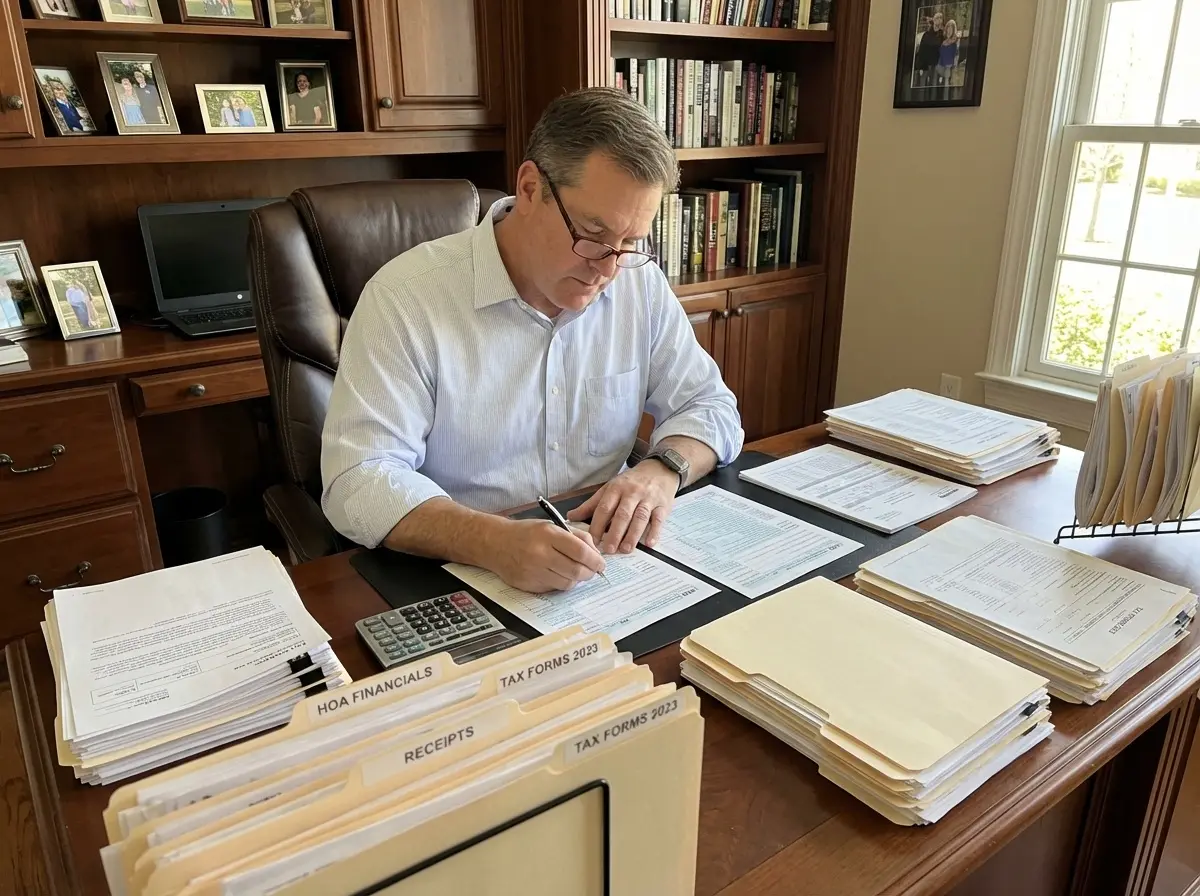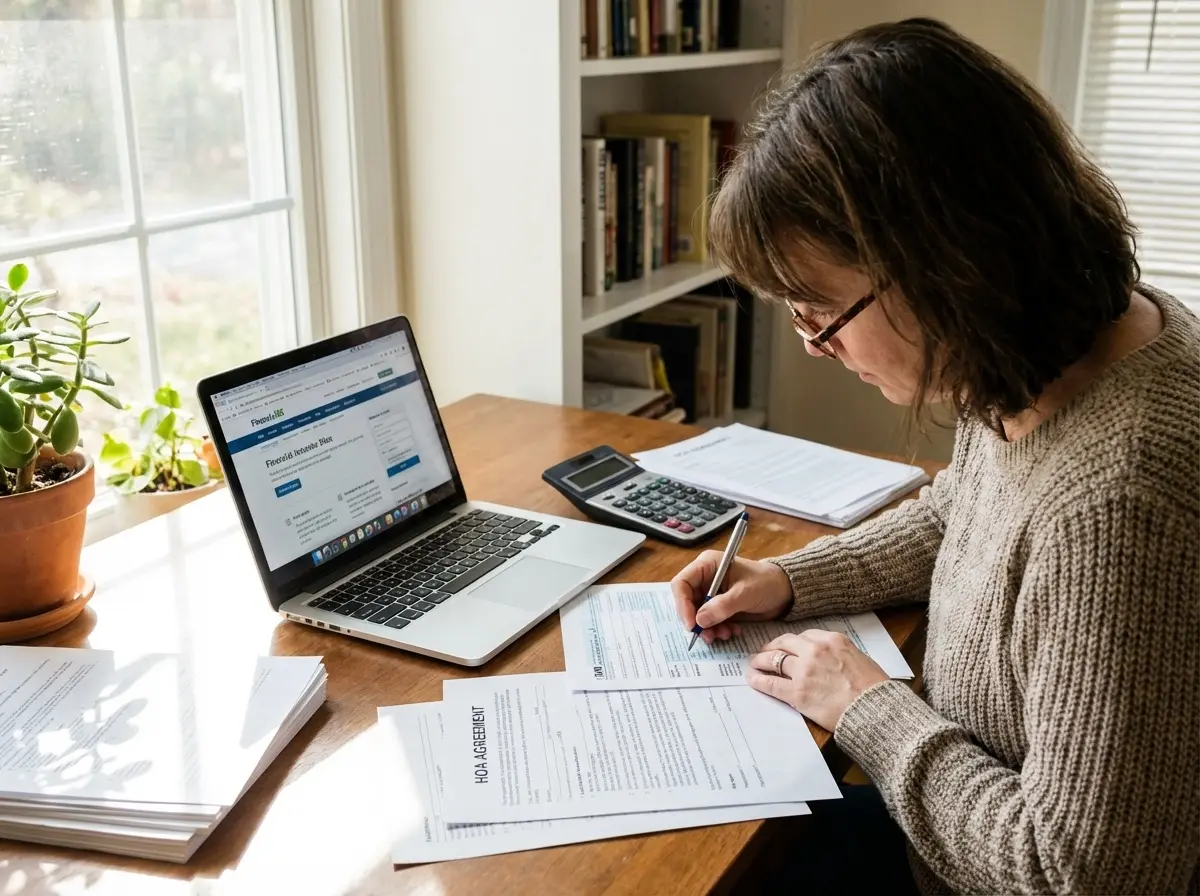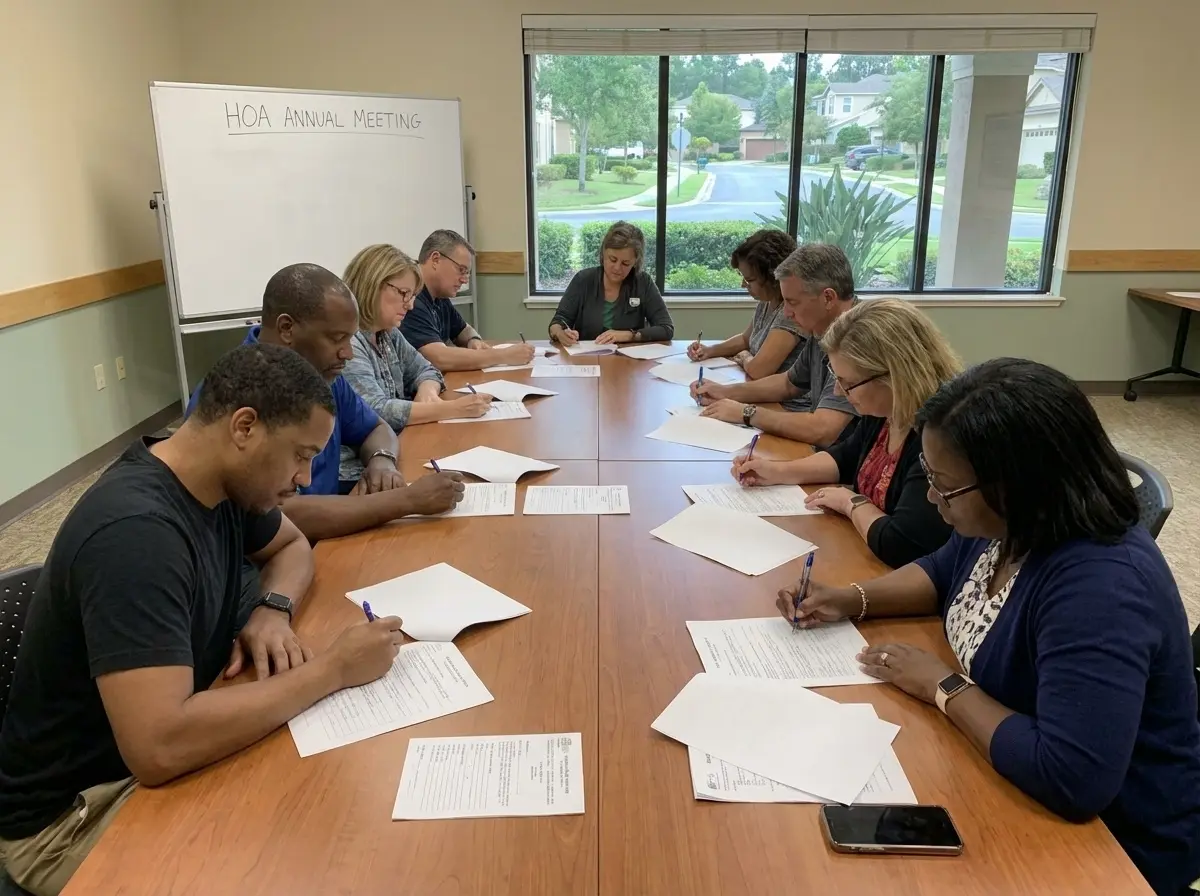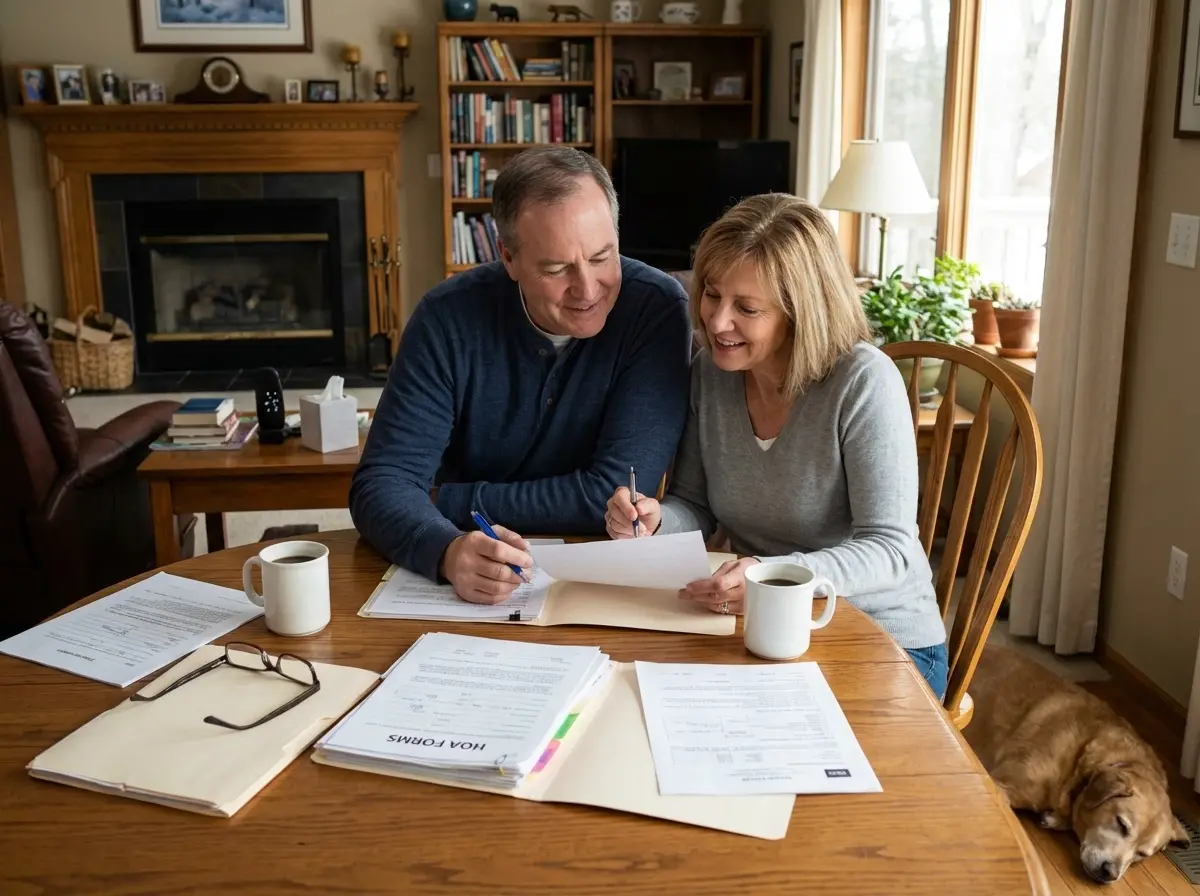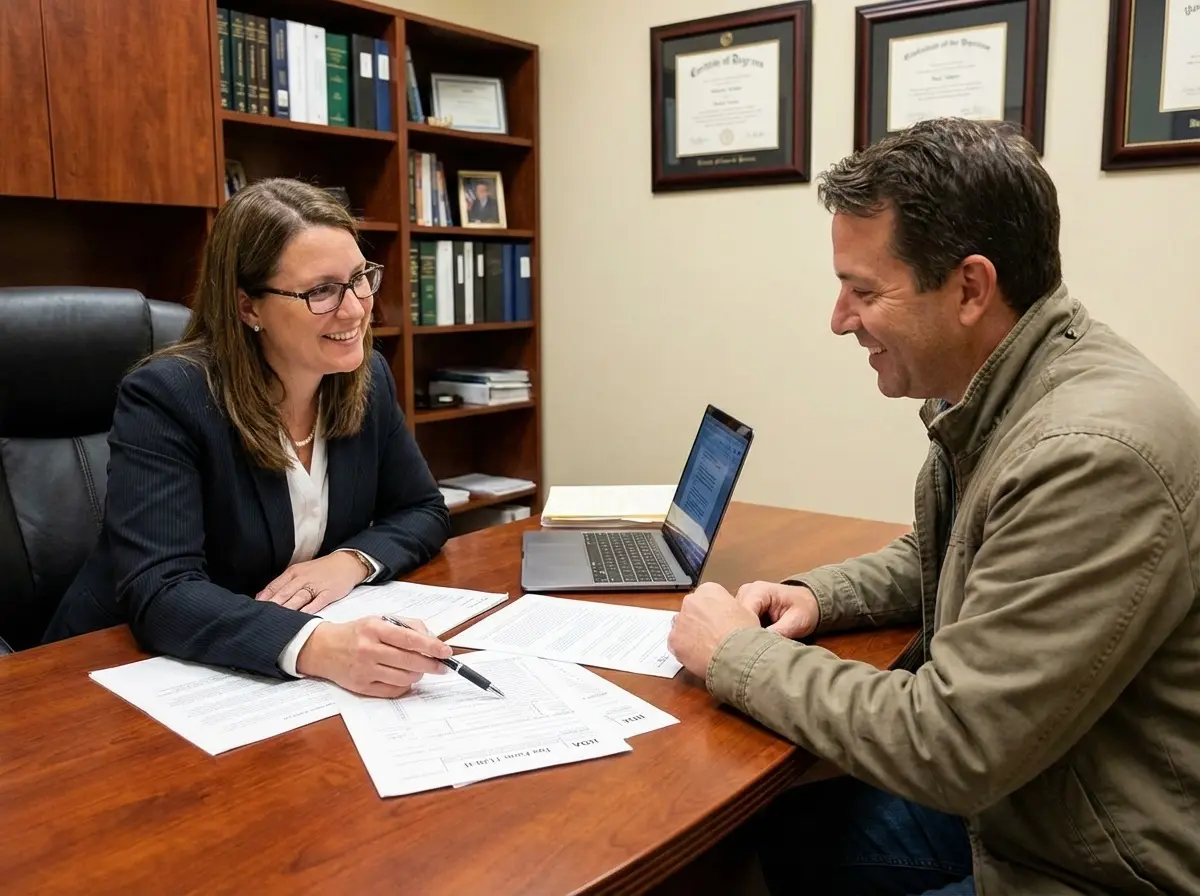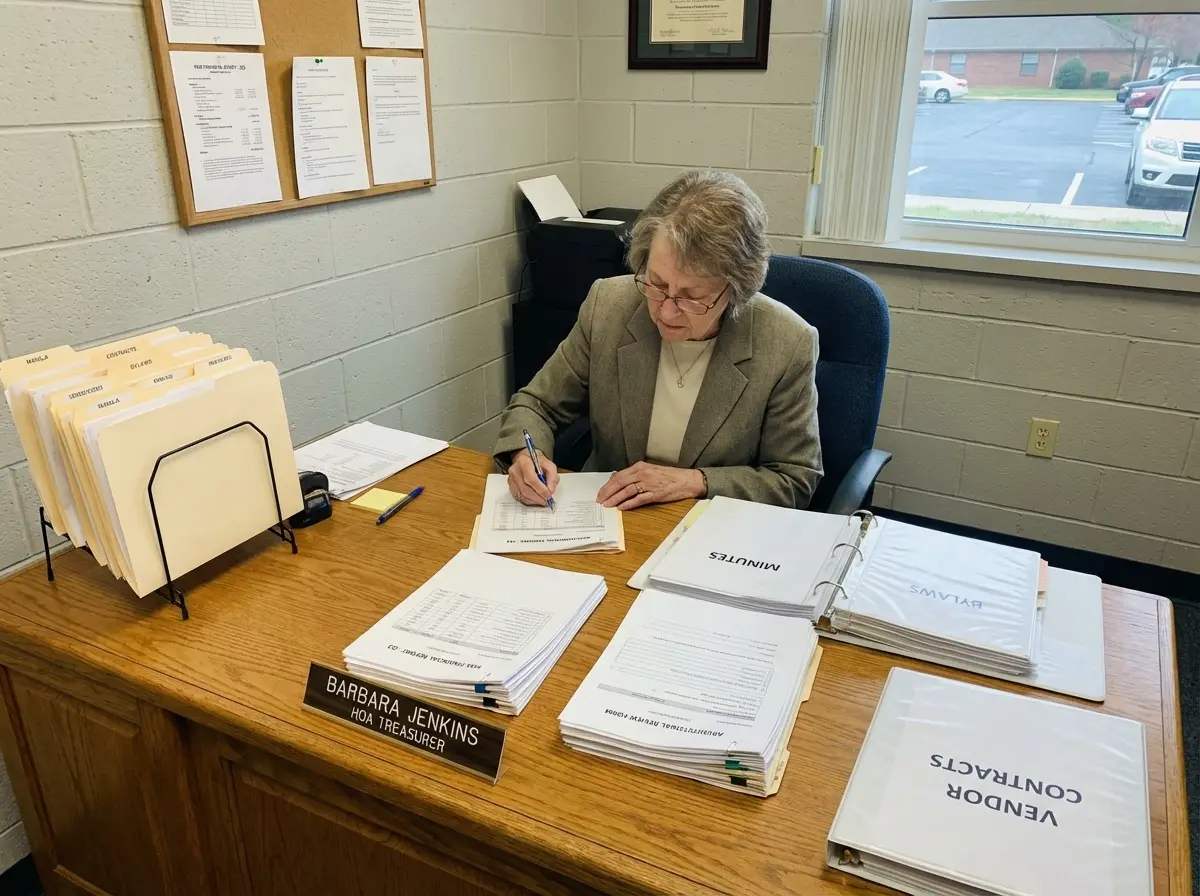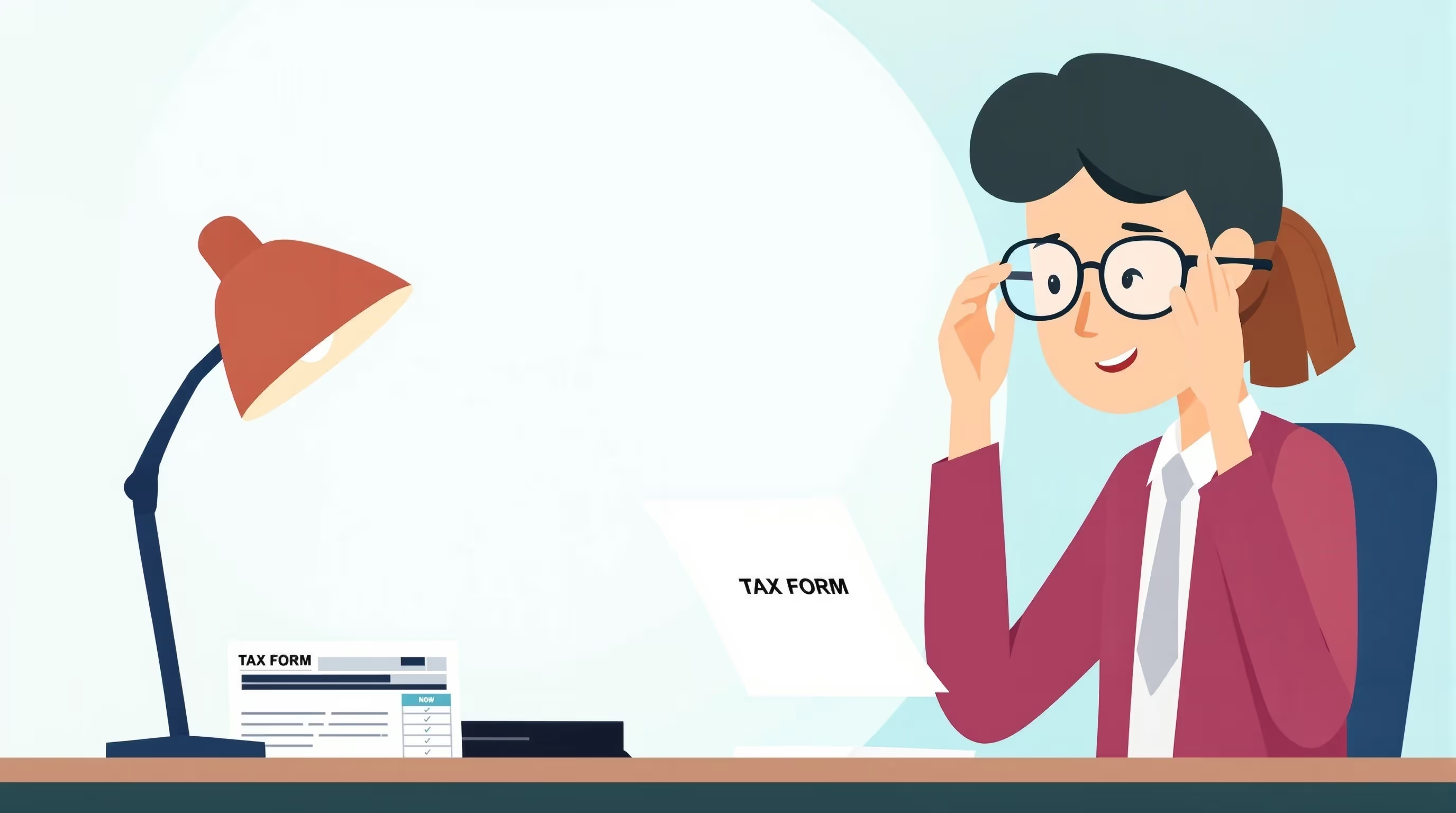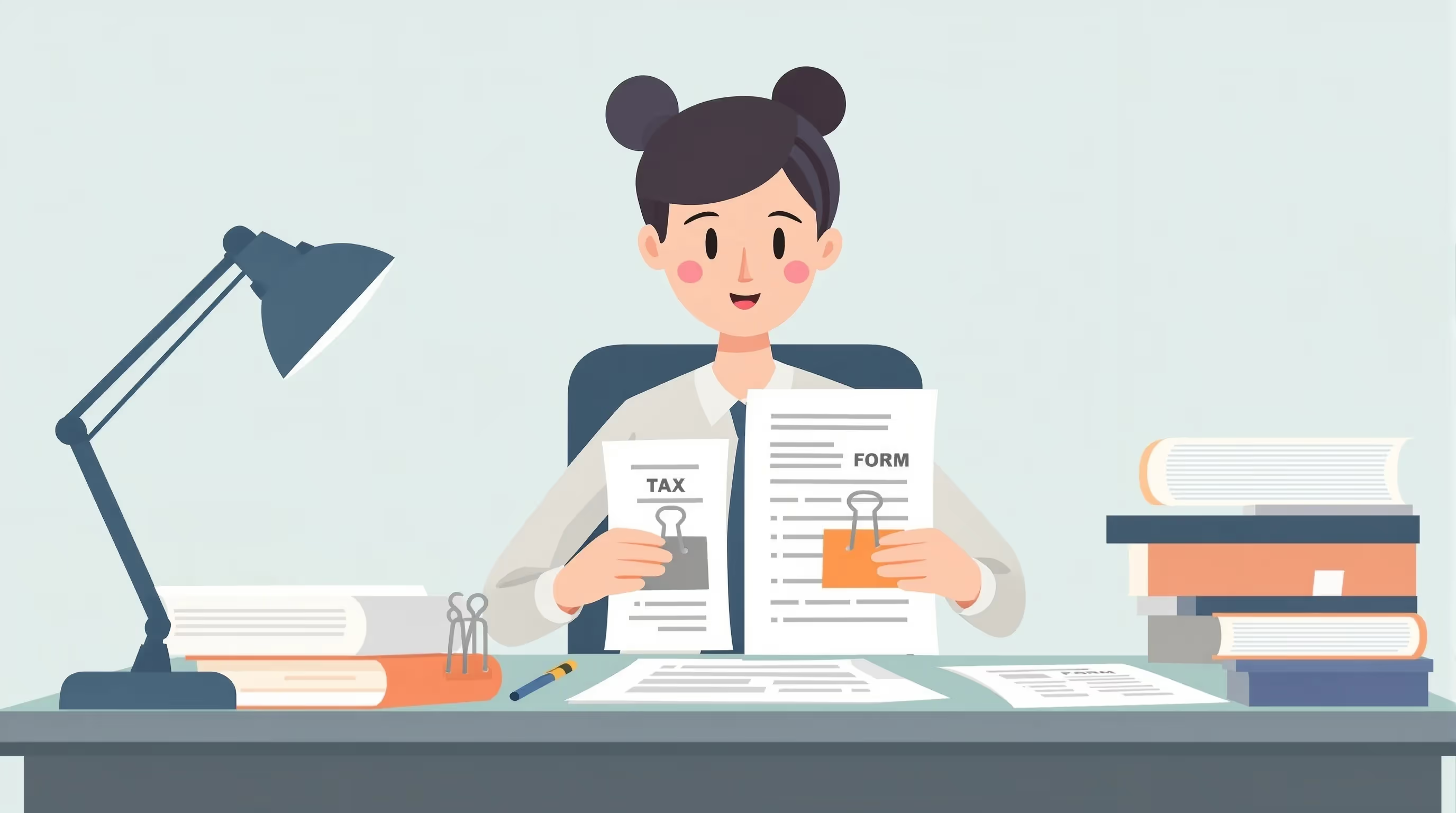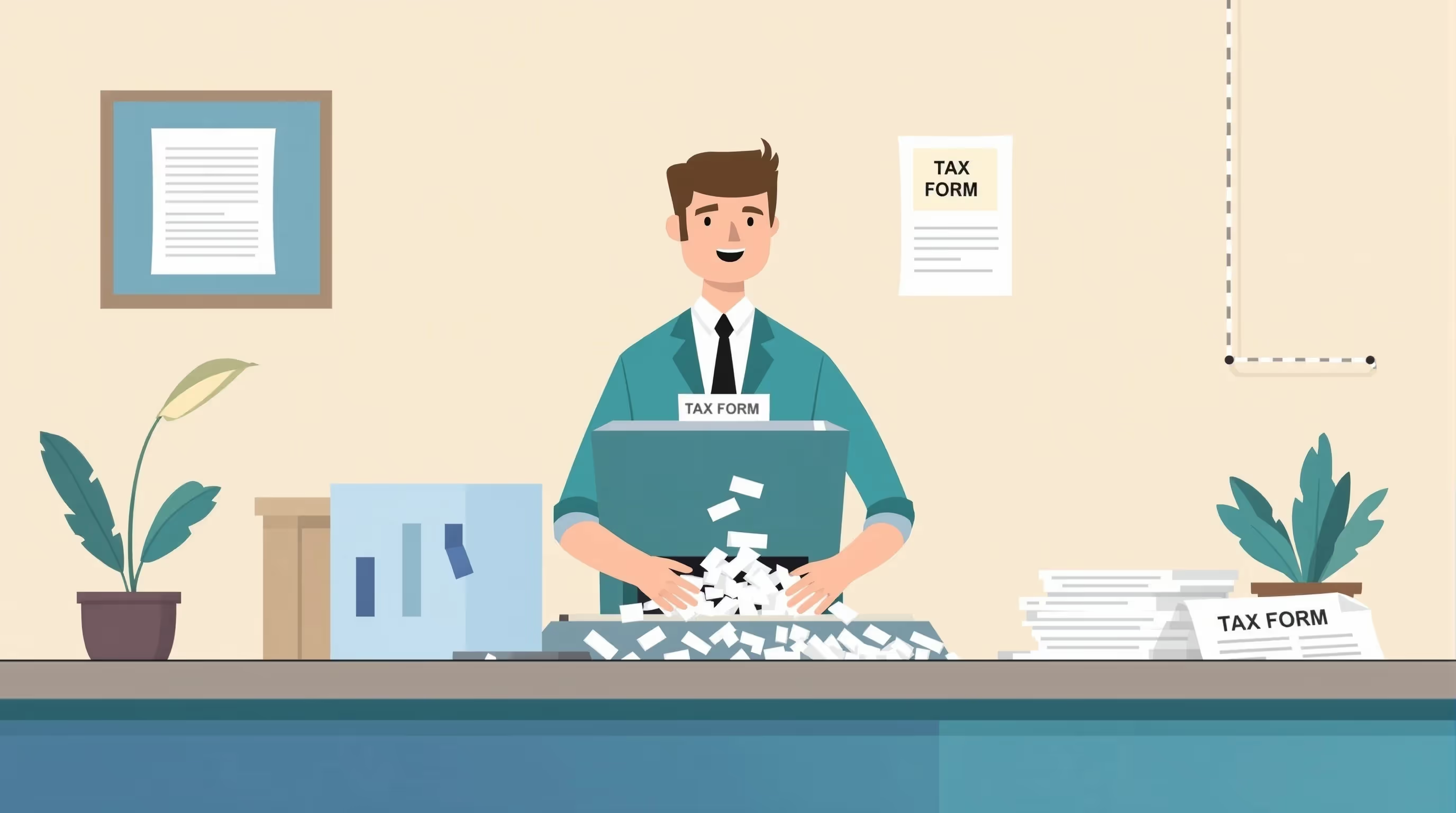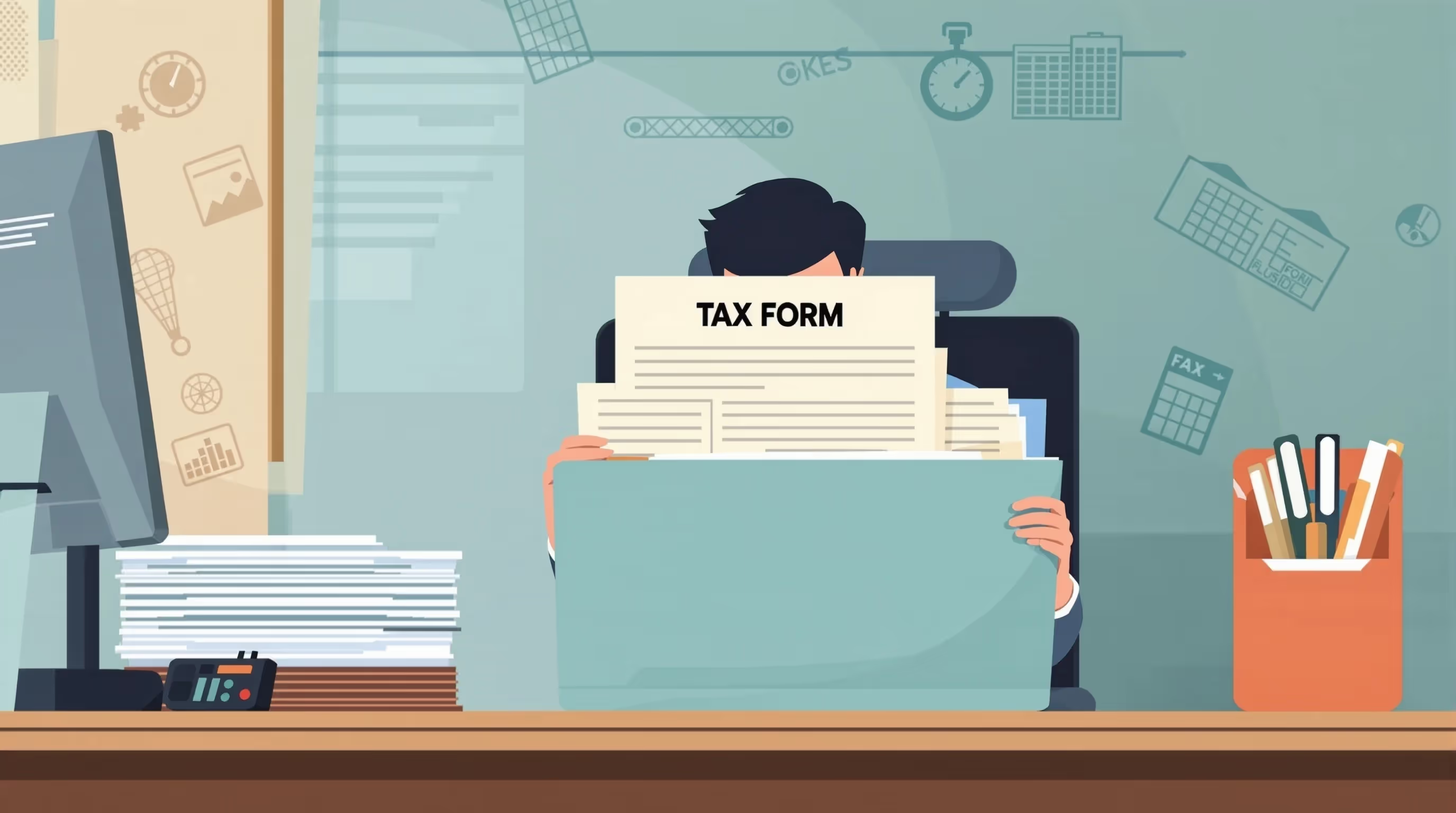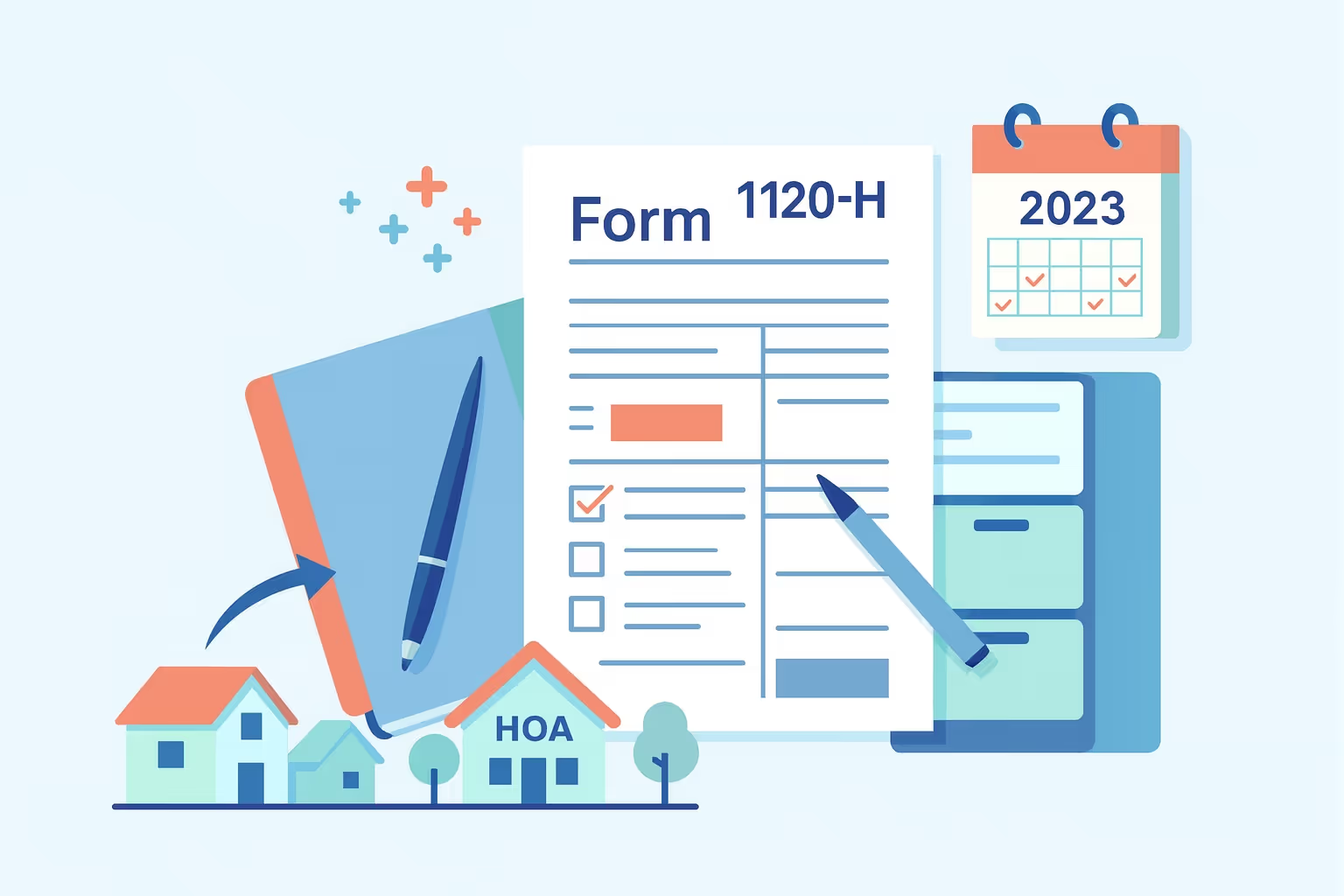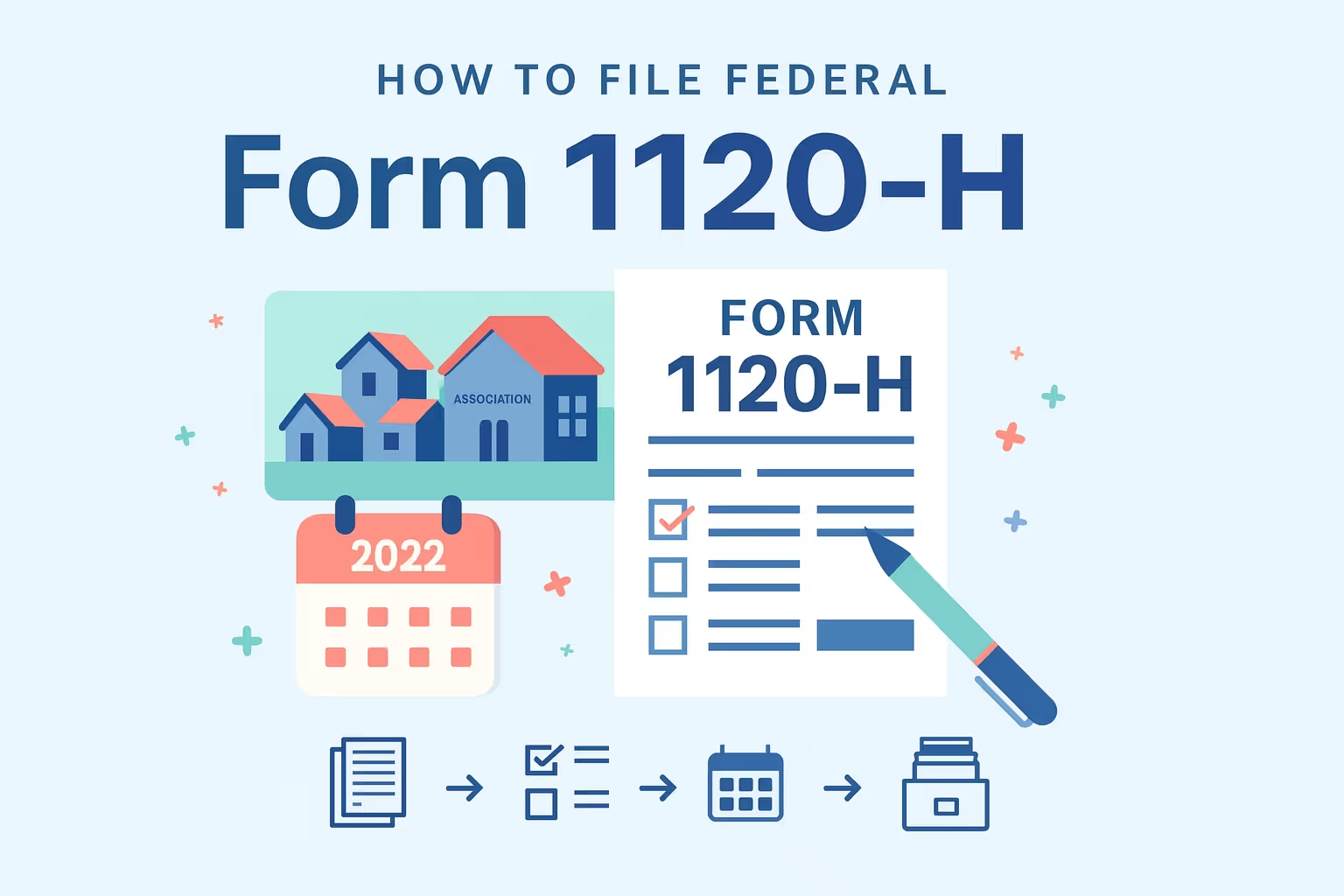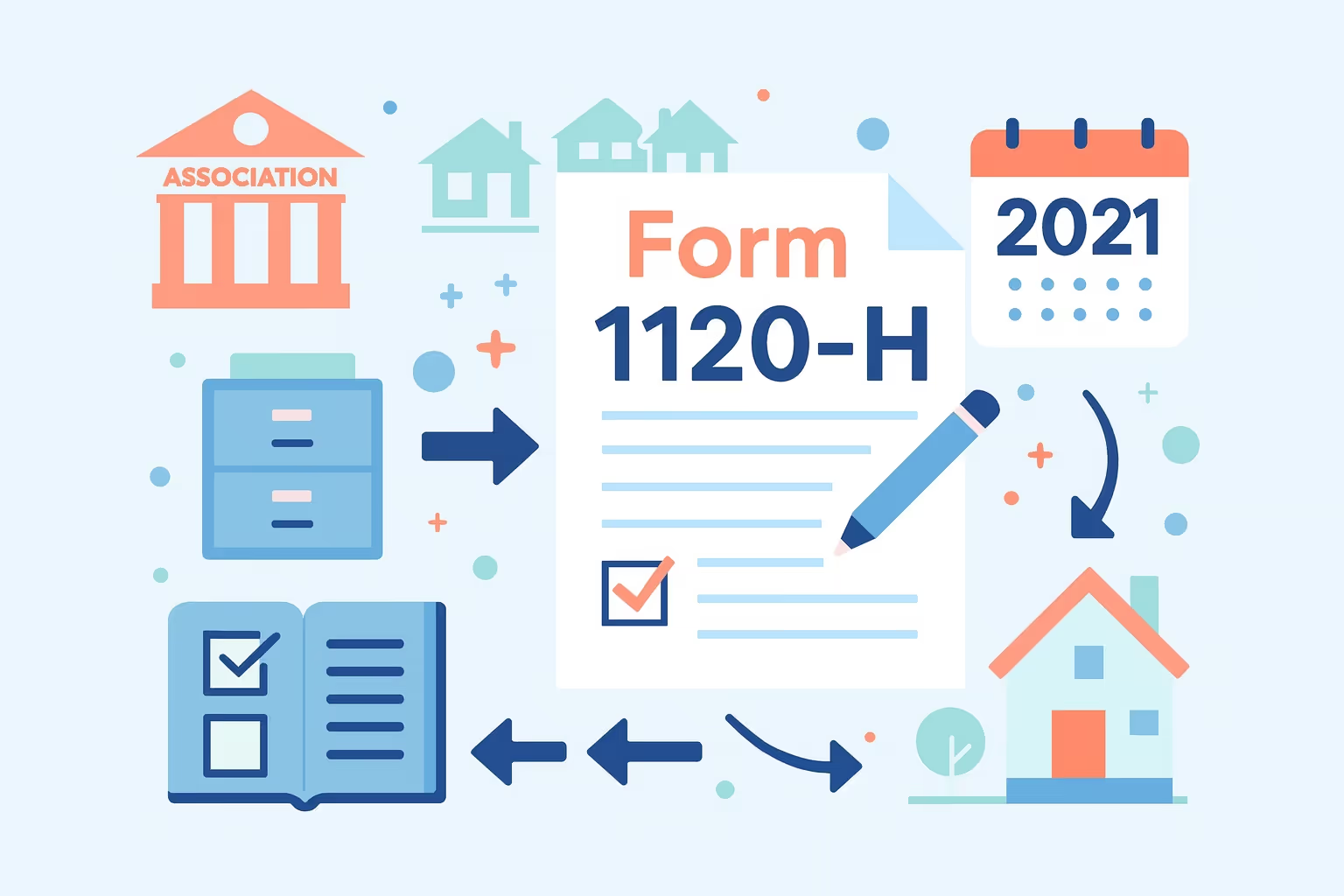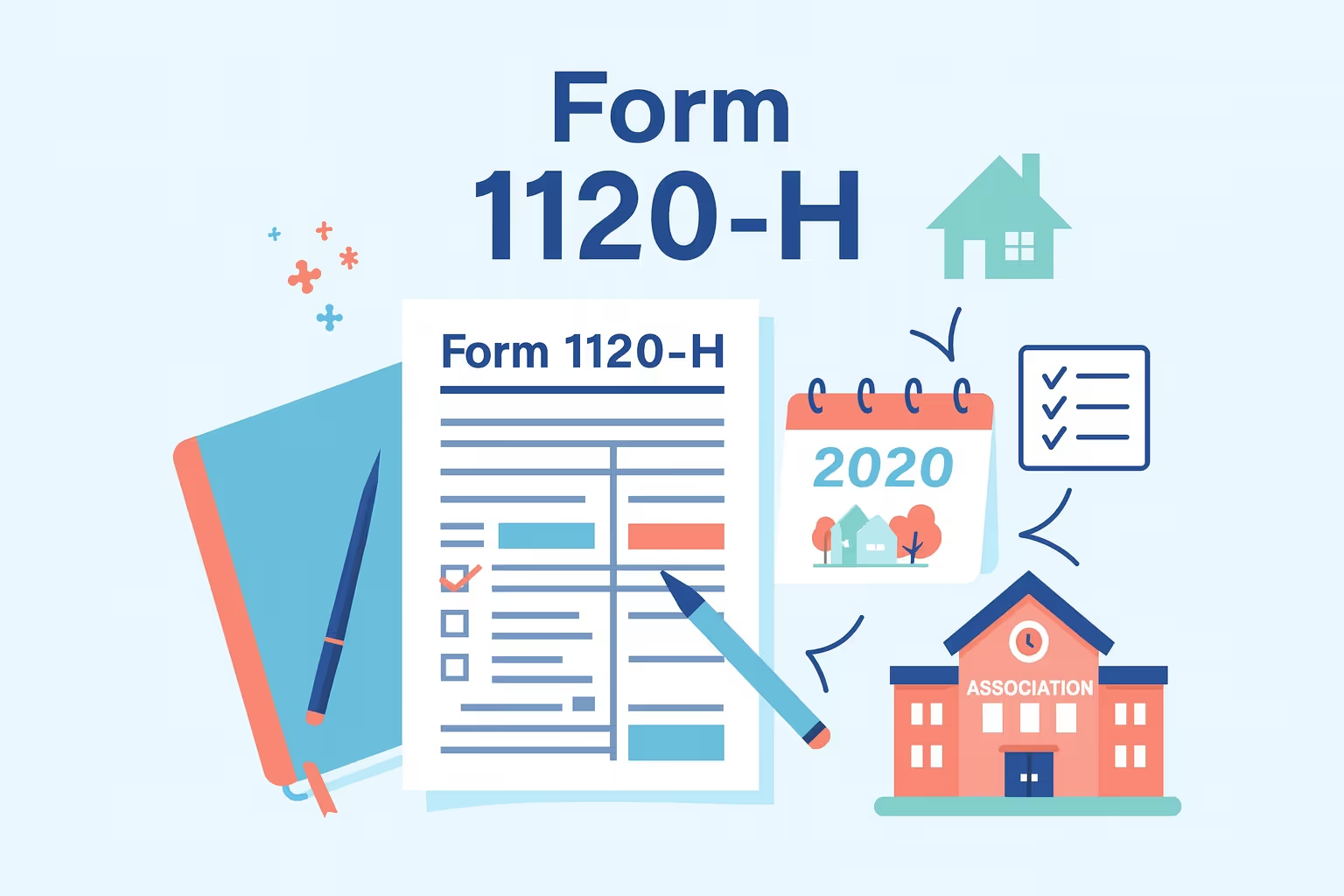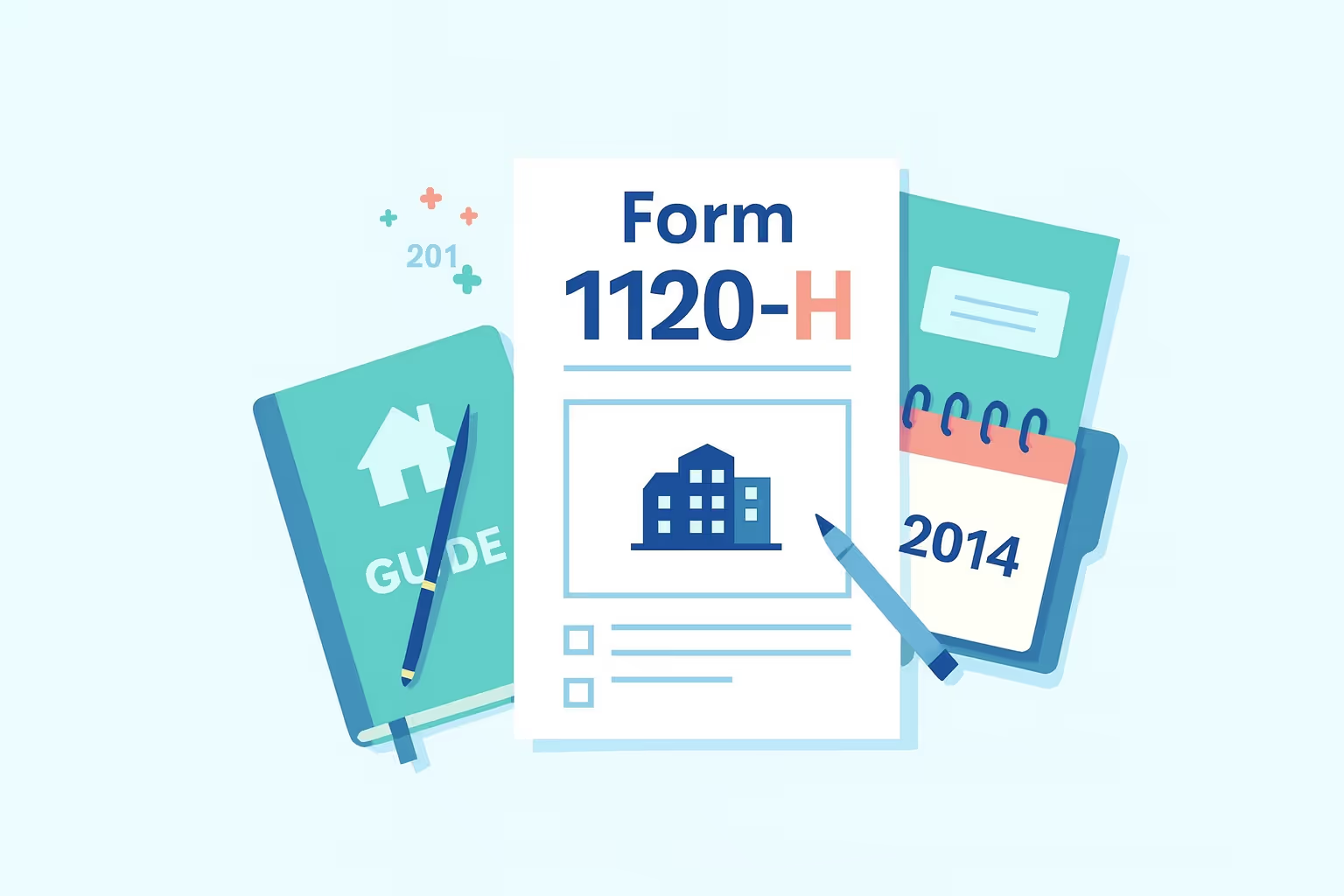
What IRS Form 1120-H (2023) Is For
Form 1120-H is the U.S. income tax return for homeowners associations that elect special tax treatment under Internal Revenue Code Section 528. For tax years beginning in 2023, a condominium management association, residential HOA, or timeshare association may exclude exempt function income and pay a flat rate on taxable income. This election provides certain tax benefits and lowers the income tax owed on non-member revenue.
Exempt function income consists of membership dues, association property assessments, and payments for services provided, which are treated as tax-exempt. Associations must still report capital gains, ordinary income, tax-exempt interest, and profit from non-member activities. The Internal Revenue Service accepts Form 1120-H as the corporation income tax return, supporting compliance with federal tax law, real estate taxes, property taxes, other taxes, and franchise tax obligations.
When You’d Use Form 1120-H for 2023 (Late or Amended Filing)
You would file IRS Form 1120-H (2023) late or as an amended income tax return if your homeowners association missed the April 17, 2024, due date, received IRS notices, or discovered errors requiring correction. Late filing may revoke the Section 528 election for the 2023 tax year, forcing the association to use Form 1120 instead. This can increase corporate income tax because corporations pay tax based on the standard tax bracket, rather than the flat rate available under Form 1120-H.
Late filing penalties include 5% per month, up to a maximum of 25%, with a minimum penalty of $485 after 60 days have passed. Interest and additional tax continue to accrue until payment is made. Taxpayers may reduce penalties by demonstrating reasonable cause, and associations may use payment options through the IRS for balances under the threshold.
Key Rules Specific to 2023
- 60% gross income test: This rule requires that at least 60% of the association’s gross income consists of exempt function income for the tax year.
- 90% expenditure test: This rule requires that at least 90% of the association’s expenses relate directly to the association’s services and property maintenance.
- Annual election requirement: This rule requires a timely Form 1120-H filing because the election is not automatic for tax years beginning each calendar year.
- Flat-rate requirement: This rule imposes a 30% flat rate for condominium and residential associations, and a 32% flat rate for timeshare associations, instead of corporate income tax.
- Paper filing requirement: This rule requires paper submission because no electronic filing option was available for Form 1120-H in 2023.
Browse more tax form instructions and filing guides in our Forms Hub.
Step-by-Step (High Level)
- Gather transcripts: Request IRS account transcripts from IRS.gov or by calling 800-908-9946 to verify income, payments, and prior tax returns.
- Complete the correct 2023 form: Use the proper Form 1120-H version for tax years beginning in 2023 and check “Amended return” when filing corrections.
- Attach required schedules: Attach Form 4136, Schedule D for capital gain or capital asset activity, or other forms required by the Internal Revenue Service.
- Mail the return: Send the corporation income tax return to Kansas City, Missouri, or Ogden, Utah, depending on your filing address.
- Maintain complete records: Keep receipts, payment confirmations, association property records, and documentation to support gross income and deductions.
Learn more about federal tax filing through our IRS Form Help Center.
Common Mistakes and How to Avoid Them
- Misclassifying non-member income: Avoid this mistake by correctly separating taxable income from exempt function income and reviewing all income categories.
- Failing the 60% or 90% tests: Avoid this mistake by reviewing gross income and expenditures early in the tax year to ensure compliance with IRC Section 528.
- Using corporate income tax brackets: Avoid this mistake by applying the proper flat rate instead of the standard corporate income tax structure used by corporations.
- Forgetting the amended return box: Avoid this mistake by checking the correct box whenever an income tax return is revised for prior tax years.
- Missing the election deadline: Avoid this mistake by filing IRS Form 1120-H (2023) on time to preserve tax benefits and prevent defaulting to Form 1120 rules.
- Poor recordkeeping: Avoid this mistake by maintaining updated records for membership dues, income, payments, property expenses, and services provided.
Learn more about how to avoid business tax problems in our guide on How to File and Avoid Penalties.
What Happens After You File
The Internal Revenue Service typically processes Form 1120-H filings within 6–8 weeks, though amended or late filing returns may take longer. The IRS may request clarification of income classification or require documentation supporting tax deductions or tax credits. If taxes are due, associations may pay principal through approved IRS payment plans. Interest and other taxes continue to accrue until the total amount owed is paid.
Associations located in states impose different state-level tax obligations, including South Dakota, North Dakota, West Virginia, Rhode Island, New Hampshire, and South Carolina. Some states require additional filings, similar to those for a corporation or S corporation return. Associations in New Mexico may also need to confirm whether a franchise tax or separate tax base filing applies.
FAQs
Can I still file IRS Form 1120-H (2023) if it’s late?
Yes, filing late still ensures compliance, even though the association may temporarily lose certain tax benefits under Section 528. A homeowners' association that files its tax return late may be required to file Form 1120 for that tax year, which increases its corporate income tax liability. Late filing also increases interest and penalties until the income tax return is submitted.
What tax benefits apply to homeowners' associations under Form 1120-H?
The tax benefits apply mainly to exempt function income and reduced taxation on corporate income. Associations typically avoid standard corporate income taxes and may be eligible to claim tax deductions or credits when applicable. These benefits apply only if the organization passes the gross income and expenditure tests and files the return on time.
How does corporate income tax differ from Form 1120-H rules?
Corporate income tax under Form 1120 uses the standard tax bracket, while Form 1120-H uses a flat rate. Corporate income must be fully taxed unless specifically excluded, and corporations are required to report capital gains, ordinary income, and property taxes. Filing incorrectly can cause a homeowners association to lose its tax-exempt treatment under Section 528.
Do I still need to file an income tax return or Form 1120 if my HOA has no capital gains?
Yes, even without capital gains, taxable income may still arise from interest, goods sold, or non-member activities. Filing an income tax return ensures compliance for homeowners' associations and helps avoid penalties. The IRS requires an accurate corporate income tax return for every tax year, even if minimal income is reported.
Can homeowners' associations claim tax deductions or tax credits on Form 1120-H?
Yes, some tax deductions and tax credits may apply to association property, real estate taxes, property taxes, and payments related to services provided. While Form 1120-H is limited compared to Form 1120, associations may still benefit from deductions that reduce corporate income. A tax professional can help confirm eligibility.



